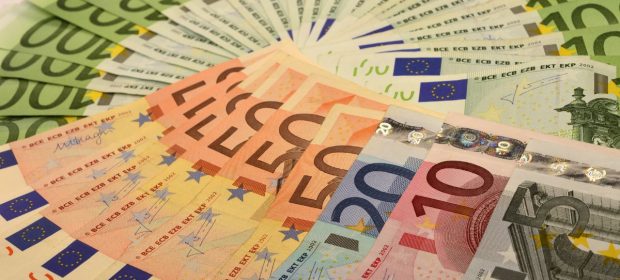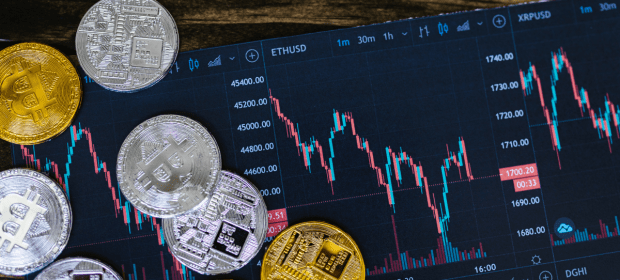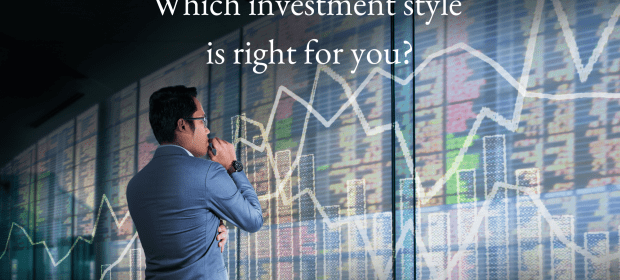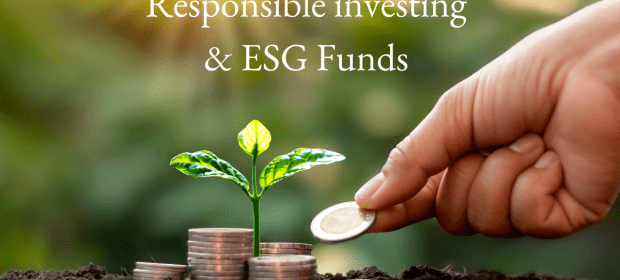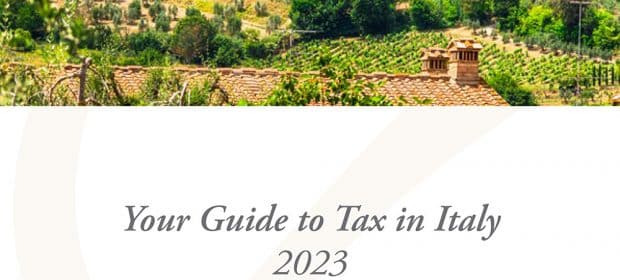What are investors doing with their cash?
Last year, Quilter, a British multinational wealth management company, conducted research* with 2,000 UK investors. The Covid-19 pandemic has provided many investors the opportunity to save more than they were before. However, many are either choosing to lock this money in a bank account or are waiting for what they believe is the ‘right’ time to invest in markets. But when is the right time to invest?
The research also found that most of those surveyed don’t understand the potential risks that having too much of their savings tied up in cash can have on their financial plans over the long term.
More recently, Quilter reached out to a sample of their international customers and found that the very same sentiment was shared by them. Many investors are sitting on cash that is not necessarily working for them and they could be missing out by being too cautious with their money.
Prudential have reported that, according to the Bank of England 28% of households have seen savings increase in 2020. That could mean they have a cash pile sitting unproductively earning minimal interest.
We understand that people are concerned about the future, even more so now with Covid-19 in play, but we also know that interest rates are likely to stay low for the foreseeable future whereas as inflation remains in the background. Many were waiting (years) for Brexit to go through and then Covid-19 came along and now they are waiting for this to go away before taking action with their money. In the meantime, the value of their cash has gradually reduced whilst those invested have seen the benefit of being so.
Here is a link to Prudential’s Investing for Beginners for those who are would like to know more about some investment basics and we can provide additional guidance.
Investing for Beginners | How to Start Investing | Prudential
There are many articles which call themselves ‘Investing for beginners’ but maybe a better place to start is to simply understand the ‘point’ of investing. Why could it be a good idea? Why should you consider it?
To find out how we can help you decide how best to plan for your current needs and those of the future, contact me today.



